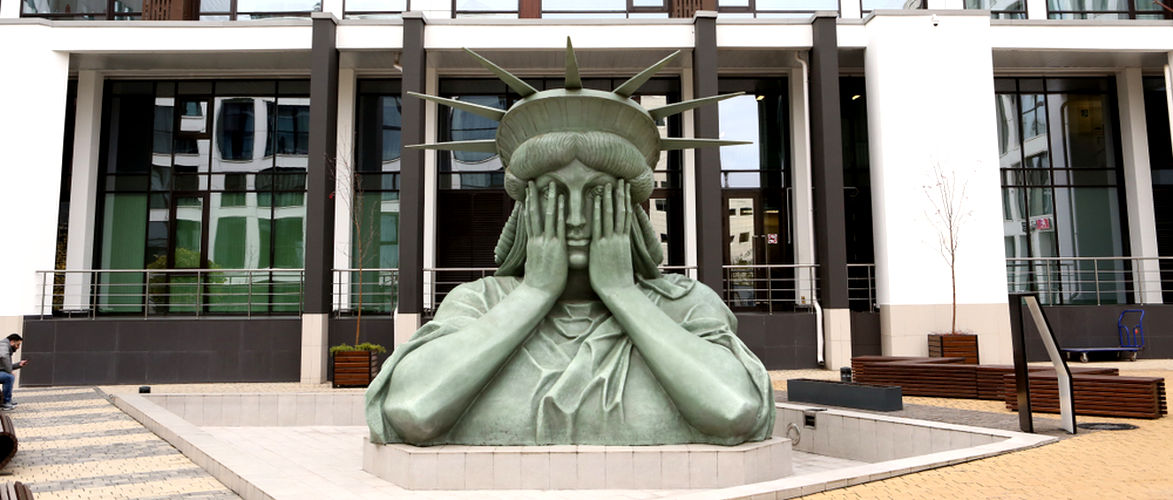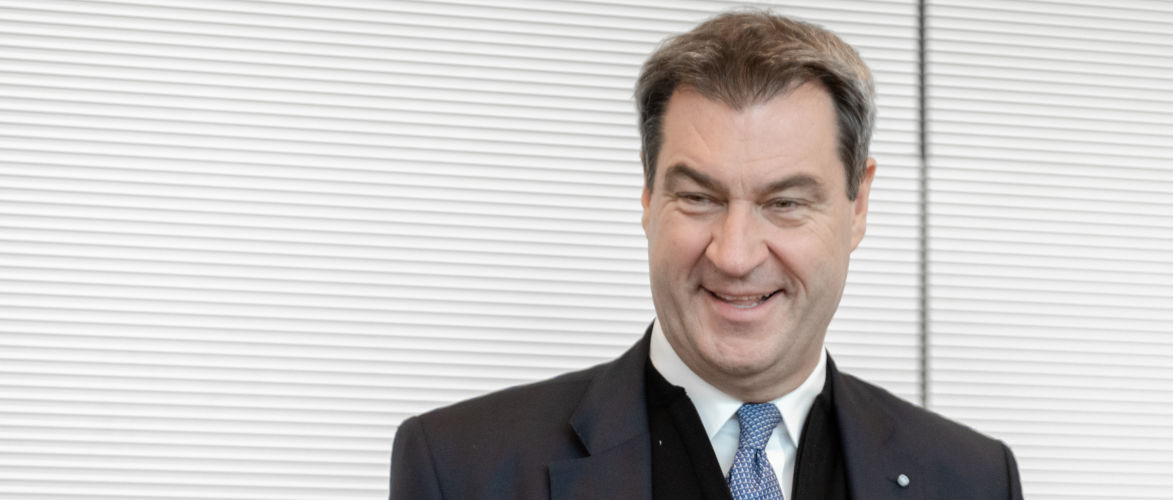A comment by Mathias Bröckers.
The fact that the “Spiegel” is now only called “the former news magazine” everywhere has not only been the case since the award-winning fake reports of the former journalist Claas Relotius. The decline from “Sagen was ist”, which the founder Rudolf Augstein had given, to the propagandistic infotainment gazette has been going on for at least two decades – if the narrative is right, the facts are secondary. This applied (and still applies), for example, to the 2014 coup d’État in Ukraine, the crash of the MH 17 and the annexation of the Crimea, and the “Spiegel” with its anti-Russian stories in the manner of the coldest “Cold War” propaganda was a prominent example. Also from the pen of his Russia correspondent Benjamin Bidder, who when it comes to Putin and the Russians does not shy away from Relotius methods.
So what does a former news magazine like this and its storyteller do when facts emerge that point to a cornerstone of the anti-Russia narrative as fake and invented? These are then only of secondary importance and are simply and poignantly withheld. When more and more facts become known and can’t be overlooked with the best will in the world and even high courts find out that the story is false and full of lies? Then you go and write “How true are the stories of Relotius ?” and insinuate with this formulation and the question mark that they could still be true. Yes, that’s what you do when it comes to saving the great narrative you’ve been selling as news for years. And that’s how Benjamin Bidder writes now:
“The Magnitski case: How true is the story on which the US sanctions against Russia are based? – With his statements on the death of a whistleblower Bill Browder turned the Americans against Putin. But his account is full of contradictions.”
It really is. And this is not new at all, but has been known for years – but not for readers of “Spiegel” and other self-proclaimed quality media who prayed up and down the fake story of hedge fund manager Browder, his lawyer and accountant Magnitsky, murdered by “Putin’s henchmen” in prison. In the USA, where the law on sanctions against Russia was called the “Magnitsky Act”, and also in Europe, where governments jumped on the sanctions bandwagon without any further question and Bill Browder celebrated himself as “Putin’s public enemy No.1” and human rights activist.
Andrei Nekrasov, the Russian director, was one of the first to discover that he is in fact a fraudster and a perfidious storyteller. He made a detailed documentary film about the storyteller Browder: “The Magnistky Act. Behind the Scenes“. Nekrasov had begun on behalf of Browder and with his blessing, the film in 2010, which was supposed to show the story of Magnistky’s murder, but his research in 2015 had revealed numerous inconsistencies. Faced with this, Browder refused to make any further statements and prohibited the director from using the footage that had already been shot. Nevertheless, he shot the film to the end and concluding:
“The story of Magnitsky’s discovery of a crime and its murder deceived the Congress and President of the United States, the Canadian Parliament, the Council of Europe, the European Parliament, the OSCE, numerous NGOs, the media and many ordinary citizens, including myself.”
It was then announced that the film would be shown on ARTE on 3 May 2016 – but it was cancelled. Allegedly for “personal rights reasons”, but actually after interventions by the ZDF director and politicians. Among others, the Green member of parliament Marie-Luise Beck stood out, who also prevented the film from being shown in the European Parliament before it was broadcast on TV. Which is understandable in so far as her statements in this film reveal themselves to be Russian propaganda rubbish – but also indicative of the EU’s ignorance of any doubt about the transatlantic Magnitsky myth.
All this does not appear in the contribution by Relotius colleague Bidden: not the research of Andrei Nekrasov, not his film, not the massive campaign to prevent its broadcast and of course not the fact that this hoax has long been uncovered and discussed in the online magazine Telepolis. Telepolis also invited the filmmaker and showed the banned film in a private salon. The pseudo-unveiling of the Spiegel hidden behind a pay barrier can therefore be avoided, it only proves that the rating “former” for this “news magician” is unfortunately appropriate. The extent to which this also applies to the news service of the public media will now be shown by whether and when ARTE, ZDF or whoever will show the film and fulfil their information mandate to inform the general public about this politically highly relevant case of fake news.
+++
KenFM strives for a broad spectrum of opinions. Opinion articles and guest contributions do not have to reflect the editorial point of view.
+++
You like our program? Information on support options can be found here: https://kenfm.de/support/kenfm-unterstuetzen/
+++
Now you can also support us with Bitcoins.

BitCoin address: 18FpEnH1Dh83GXXGpRNqSoW5TL1z1PZgZK










Kommentare (0)